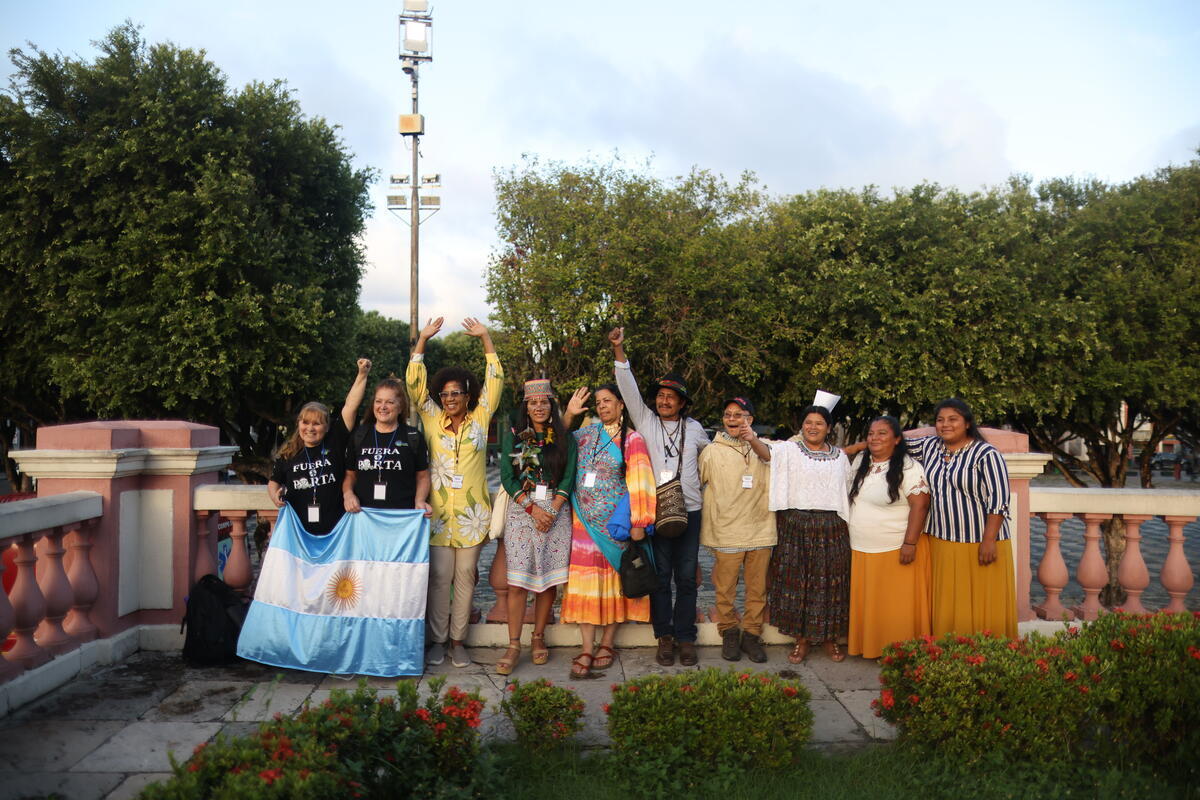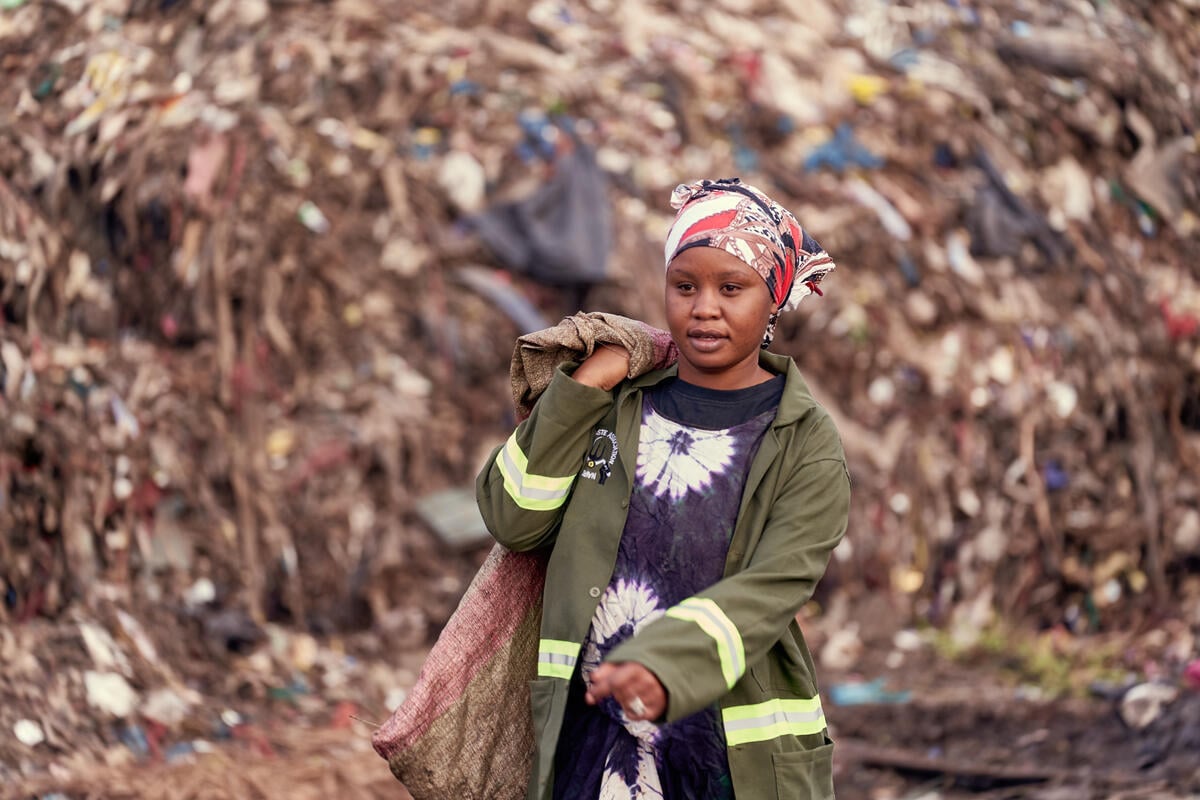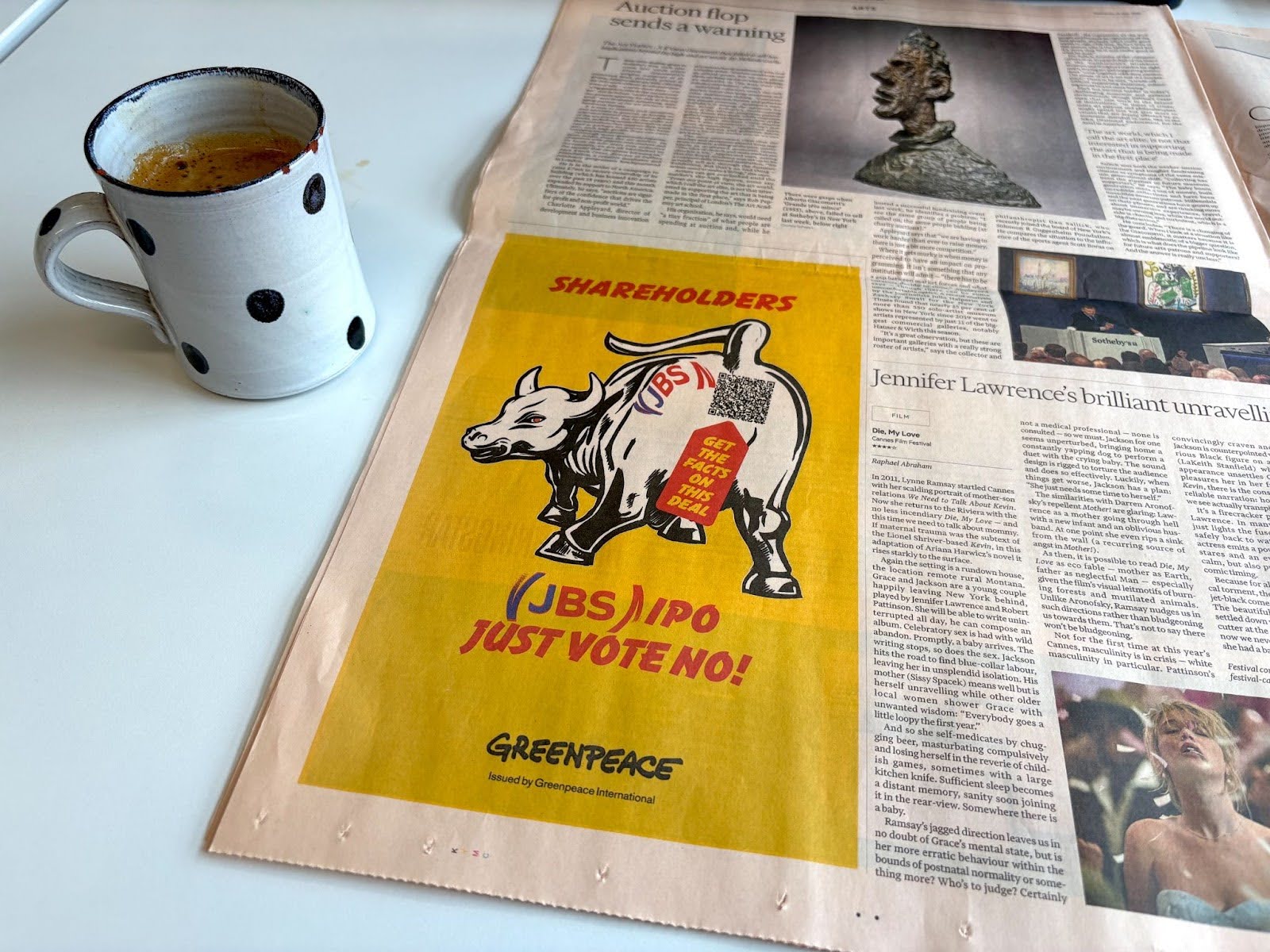We are living with a broken food system. It needs to be replaced urgently for the benefit of all people, and the planet. Greenpeace’s Food and Farming Vision describes what Ecological Farming means, and how it can be summarised in seven overarching, interdependent principles – based on a growing body of scientific evidence.
Ecological Farming combines modern science and innovation with respect for nature and biodiversity. It ensures healthy farming and healthy food. It protects the soil, the water and the climate. It does not contaminate the environment with chemical inputs or use genetically engineered crops. And it places people and farmers – consumers and producers, rather than the corporations who control our food now – at its very heart.
It is a vision of sustainability, equity and food sovereignty in which safe and healthy food is grown to meet fundamental human needs, and where control over food and farming rests with local communities, rather than transnational corporations.



